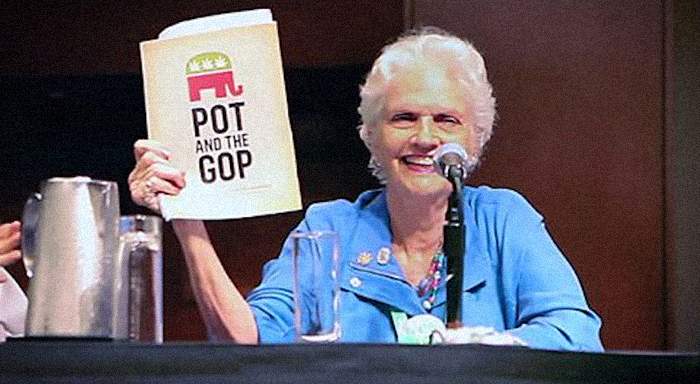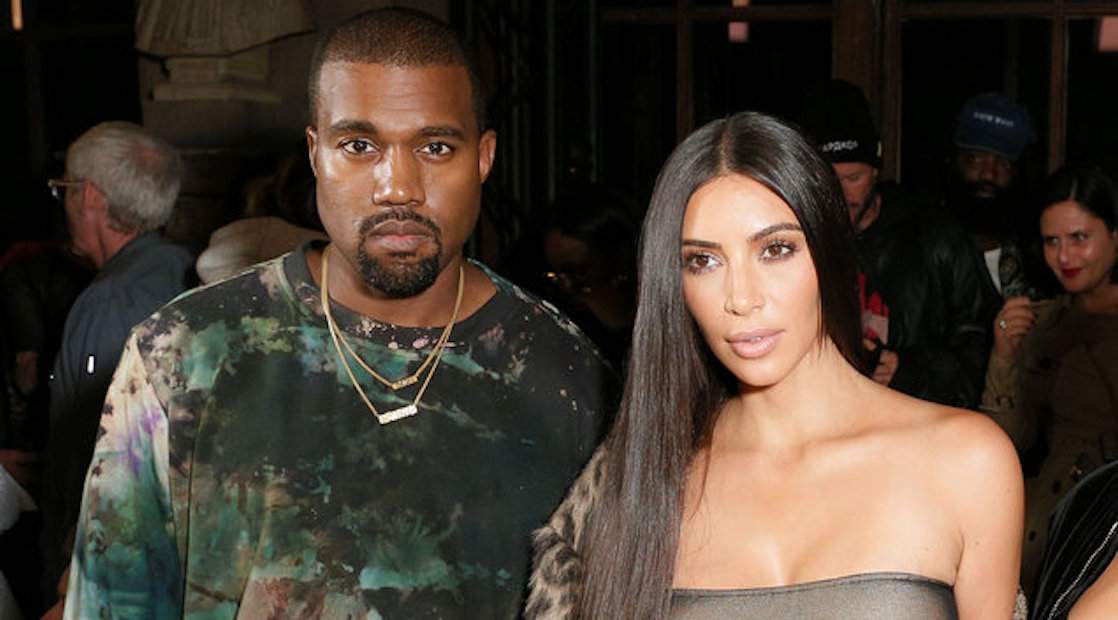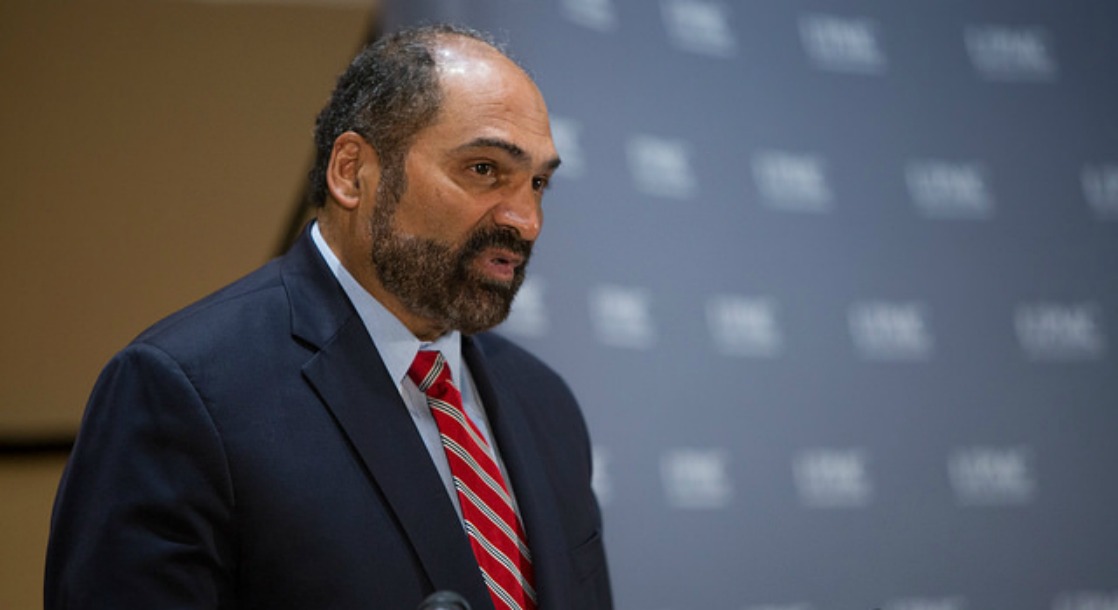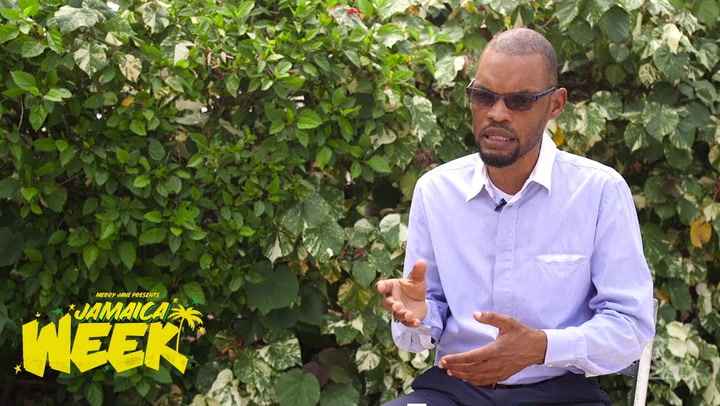Ann Lee remembers vividly the day that her paraplegic son, Richard, told her and her late husband, Bob, that marijuana helped his condition. “It was in August 1990, he was in a tier in the rehab hospital,” she says. “Richard looked at us in his wheelchair and said, ‘Marijuana is good for me.’ He was hesitant about saying that because he knew we were supporting the drug war.”
Richard used to do stage lighting and sound equipment for the rock group Aerosmith. One tragic day, he fell from scaffolding and a screwdriver, sitting in his bag below, pierced his back and lodged into his spine, paralyzing him from the waist down. He later read an article on spasticity, and learned how marijuana might help him. When he finally broached the subject with his parents, it led them to realize that cannabis was not what they thought it to be.
“I knew nothing about marijuana,” admits Ms. Lee, 86. “I accepted the propaganda lines the government put out about it. I used to call it the ‘weed of the devil.’”
Today, she’s a staunch advocate that marijuana prohibition is not a conservative value. And makes a demographic of Republican voters who might be too valuable to President-Elect Donald Trump to alienate.
Trump’s pick for attorney general, Sen. Jeff Sessions, has pot advocates bummed out. Sessions is conservative and anti-marijuana.
Sessions told a Senate hearing on state marijuana laws that “good people don’t smoke marijuana” and called the plant a gateway drug.
But, if Trump and Sessions are going to go after the weed industry, as many cannabis advocates fear, then they’re going to have staunch resistance from unlikely sources like Ms. Lee.
“Prohibition is not conservative,” she says. “It’s not a part of our conservative philosophies as conservative Republicans, and the only thing I can think of why we have fallen for it is because, among Republicans core values, is ‘law and order,’ and law and order means you obey the law.” But there’s something about law people must understand.
“There is sometimes simply bad law,” Lee says. “The law I grew up with in Louisiana that said blacks and whites could not go to school together was part of the bad Jim Crow segregation laws. I was 17 years old before I saw a black and white man shake hands—that is the culture I grew up with. It’s very concerning to me we have new Jim Crow laws because of the War on Drugs.”
Lee’s opinions are generally not associated with a Republican Party, be it in the age of Bush or Trump. Her organization, Republicans Against Marijuana Prohibition (RAMP), represents a collection of Republicans who oppose cannabis prohibition.
Formed in Oct. 2012 by Republicans who’d met at a NORML convention in Los Angeles, it comprises chapters in six states, including Arizona, Indiana, Maine, North Carolina, Texas, and Virginia.
As a nonprofit, RAMP doesn’t endorse candidates. There are many cannabis-friendly politicians in the Republican Party, such as former presidential candidate Rand Paul. Texas Rep. David Simpson, in favor of legalization based on the assumption that God created cannabis, introduced a bill to legalize marijuana in the Lone Star State. Texas Rep. Stephanie Klick introduced a limited CBD oil bill, which passed. Georgia Rep. Allen Peake introduced a similar limited CBD oil bill, which also passed. Peake publicly stated he breaks the law to get marijuana to children suffering from seizures in a state where the drug war endures.
RAMP members champion a de-scheduling of marijuana altogether, as opposed to a rescheduling. This would leave marijuana policy to the states.
Pro-marijuana Republicans are not necessarily anomalous, especially amongst Republican Millennials, though they comprise a smaller number of that party than their counterparts in the Democratic Party.
According to a Feb. 2014 PEW Research survey, 63 percent of GOP Millennials, 47 percent of Republican Generation Xers, and 38 percent of Republican Baby Boomers favor marijuana legalization.
That numbers drops steeply, however, when looking at the Republicans in Lee’s generation—only 17 percent of the Silent Generation supports legalization. Lee’s views parallel those of Kentucky Senator, and former presidential candidate, Rand Paul.
“The prison is the new plantation,” Lee says. “It is awful. So many lives have been shattered, have been ruined, by these bad laws. It’s overwhelming to me as a person who believes in fairness. We need to make the system work for us all. It makes me cry when I think about that, when I think about the lives ruined because of bad law.” With President-elect Trump and Attorney General Sessions in office, it won’t be easy for Republicans like Ms. Lee.
“All I can say is, I will keep doing this,” she avows. “This is my big purpose in living, to right this terrible wrong we have lived with for too long.”











